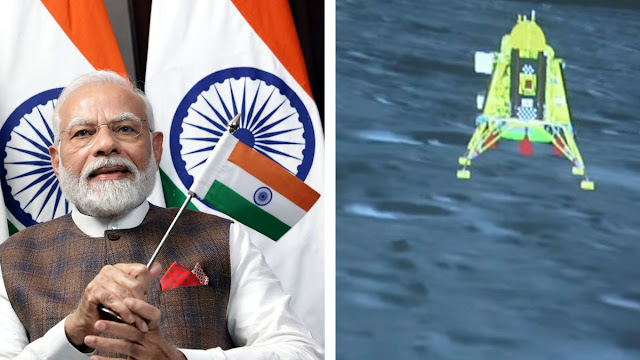Pakistan's Improvised Cable Cars: Example of Rural Ingenuity

Global media coverage of a recent cable car rescue in northern Pakistan has brought to light the widespread use of the improvised aerial transportation systems across mountain communities in the country. The improvised cable car system and the recent zip-line rescue are both testaments to local rural ingenuity. These systems serve as a lifeline for villagers living on sparsely populated hilltops in places like Mansehra, Swat and Azad Kashmir. They allow them to access clinics, jobs, markets and schools on a daily basis. Building the alternative road infrastructure for these mountainous terrains would be much more expensive and time-consuming. A better example of a fast, safe and relatively less expensive public transportation system for such areas can be found in a modern cable car system built in La Paz, Bolivia. Pakistan should explore a public-private partnership to use the local talent to build a safe, fast and cheap cable car system to meet their residents' needs. Disabled P...




